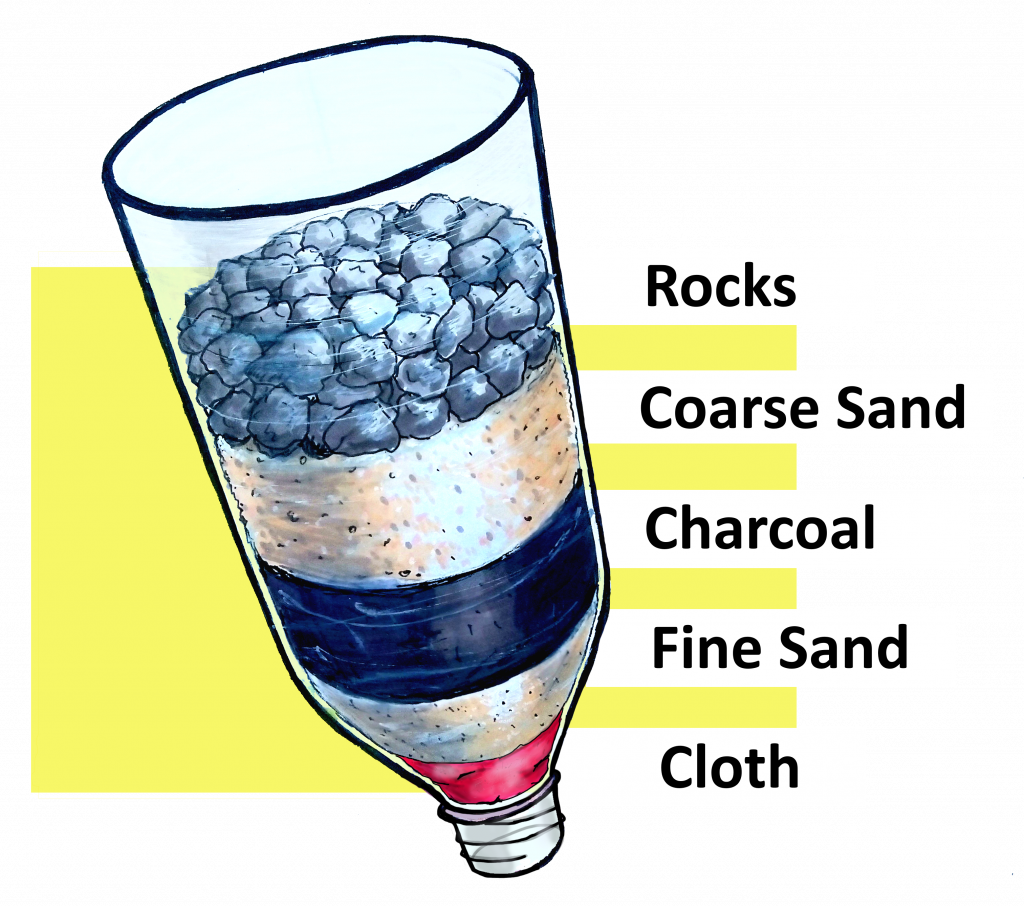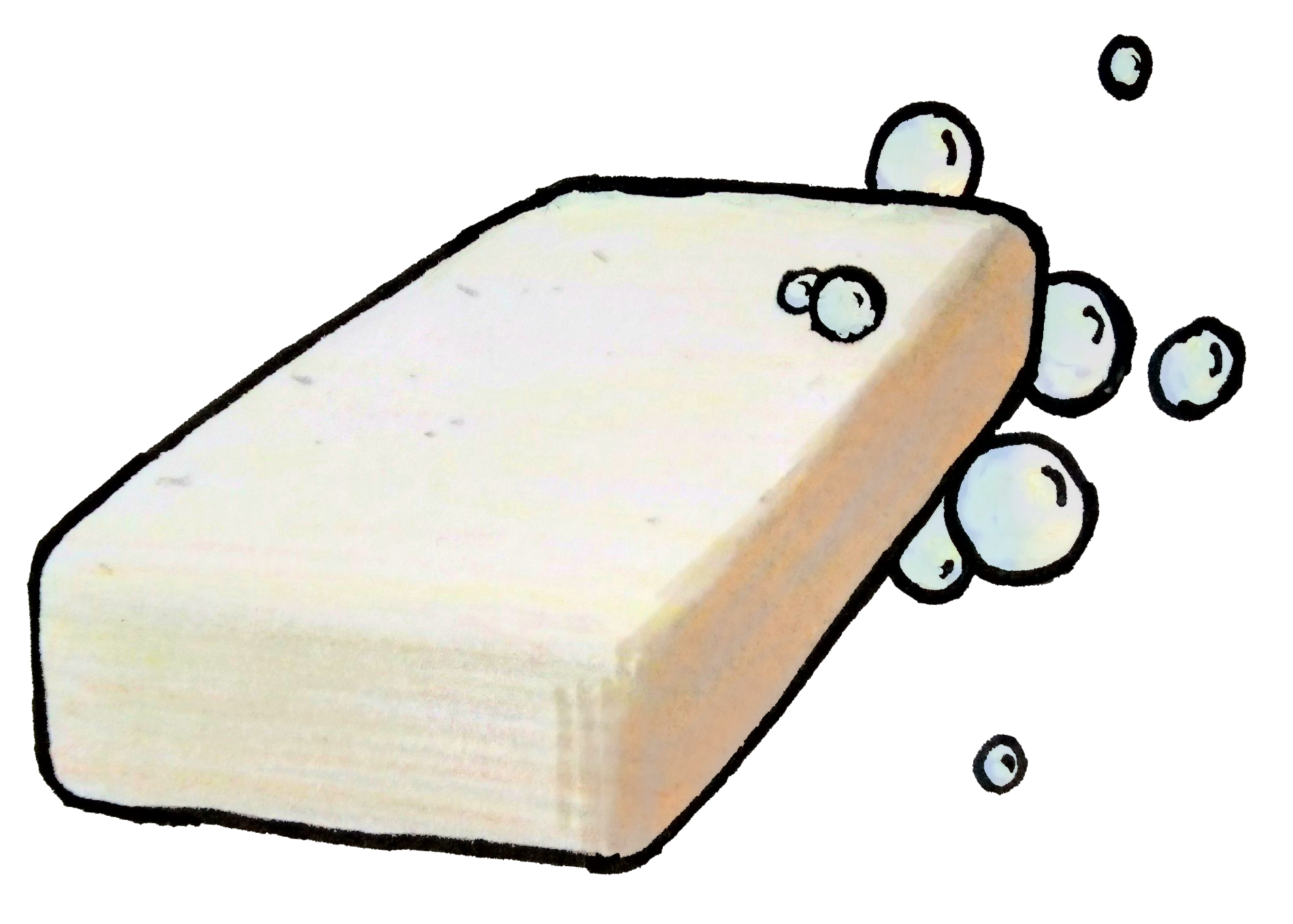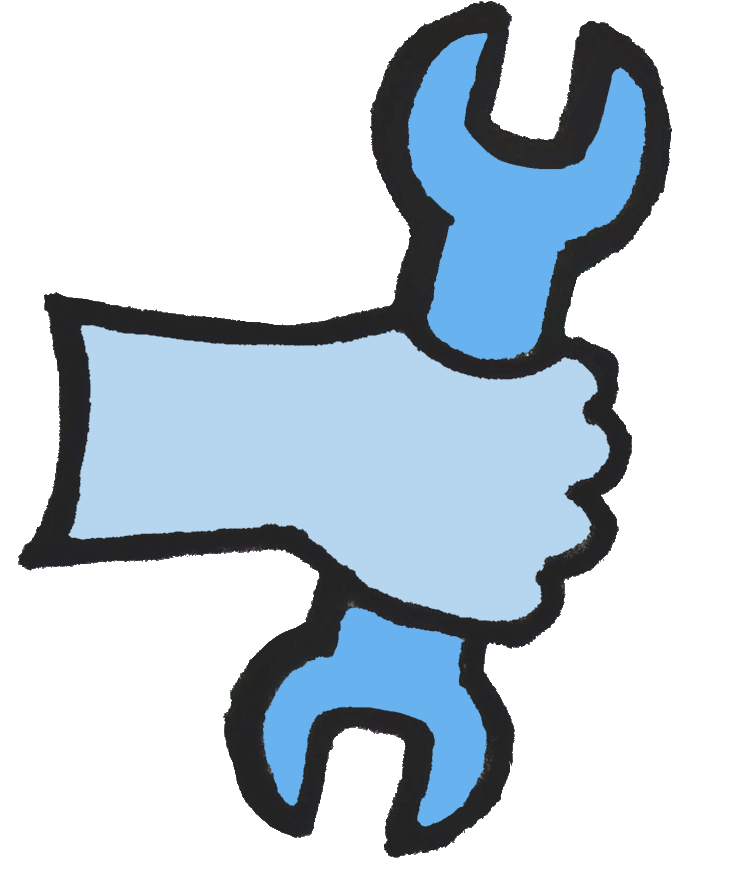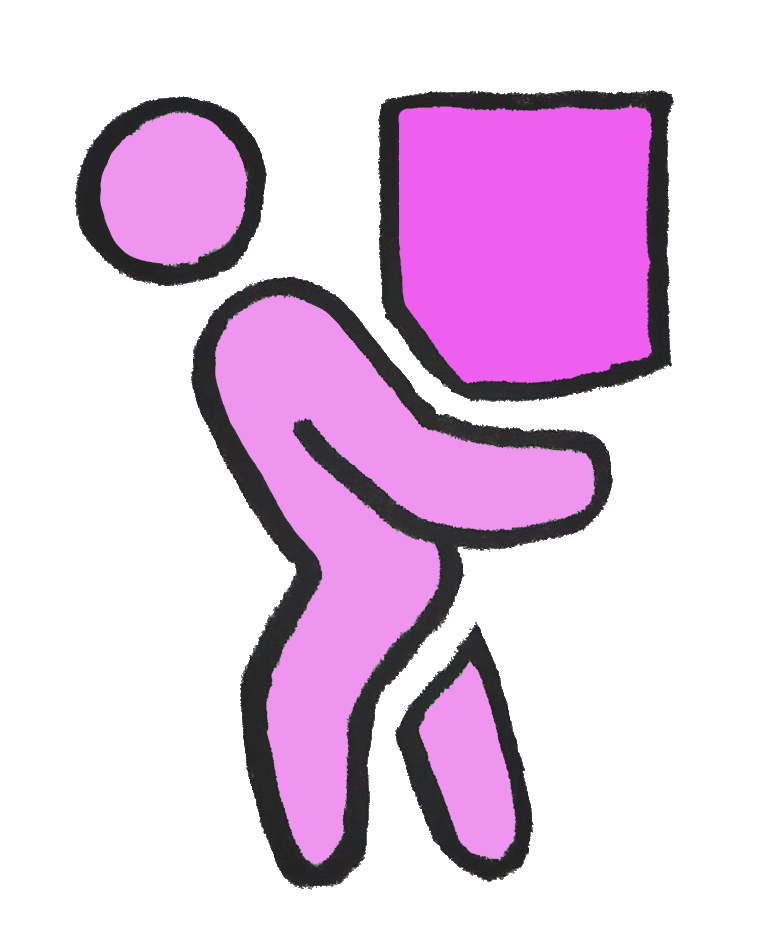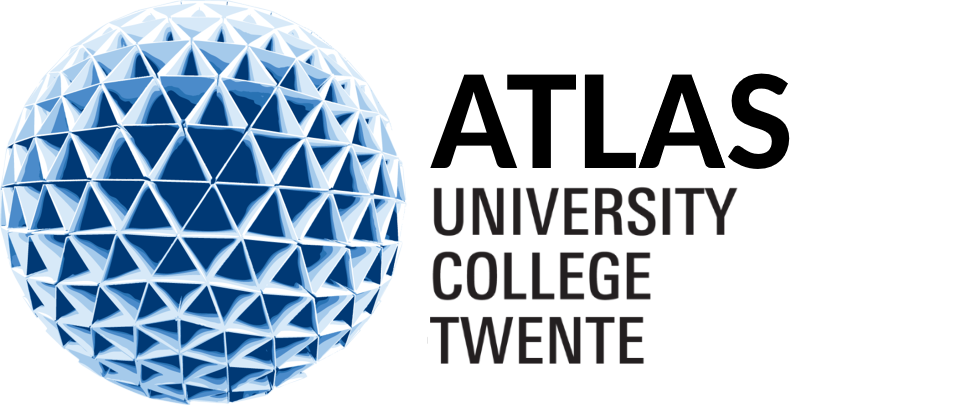Safe water for the Favelas
Providing clean water access for Brazil’s slums
Sanitation in times of COVID-19
Brazil is a country facing many issues. Corruption scandals, social disparity, and an unequal health system are some of the most glaring. There is a great part of the population living in precarious conditions in the favelas, illegally built communities by those with nowhere else to go. The COVID-19 pandemic amplified pre existing problems, requiring action and solutions to help the population in need.
After conducting preliminary research, it became clear that the root of many issues is the lack of access to clean water. The marginalized population suffers from waterborne diseases and has to scavenge for a few liters of clean water, as the government provision is inconsistent and scarce. The COVID-19 pandemic has made clear that keeping hands and surfaces clean is essential to preserve human lives.
Our solution
Sanitation promotes protection against diseases in daily life and is essential to contain the spread of COVID-19. To ensure proper sanitation for households, both clean water and effective soap have to be provided.
We have found solutions for those two needs, water and soap. A water filter that makes sure water is clean and safe. In combination with soap, can propel living standards in the favelas and reduce the spread of diseases like COVID-19.

Frugal and Sustainable
While being effective, the filter and soap can be made from materials which are cheap and easily accessible in the favelas.
Frugal innovation is a novel approach to designing solutions for the underprivileged part of society like the people in the favelas.
Locally accessible

Recycled
materials
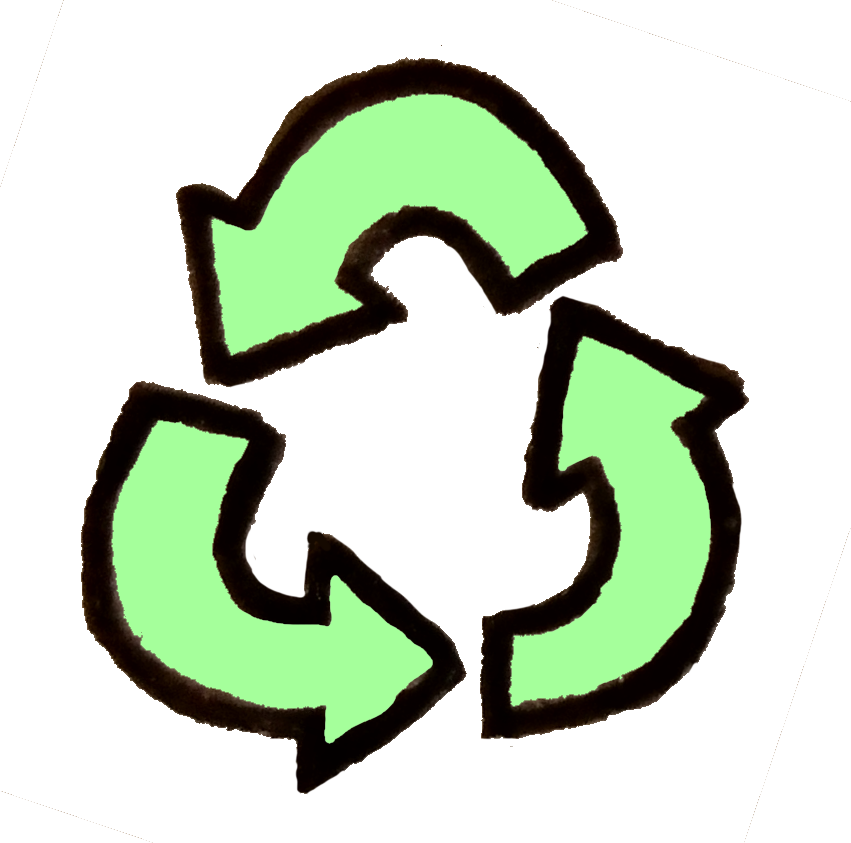
Scientifically Certified
Research shows that the sand filter is one of the most effective ways of filtering water.
This causes the filtered water to fulfil the Padrão de Potabilidade, or in English: The Potability Standard.
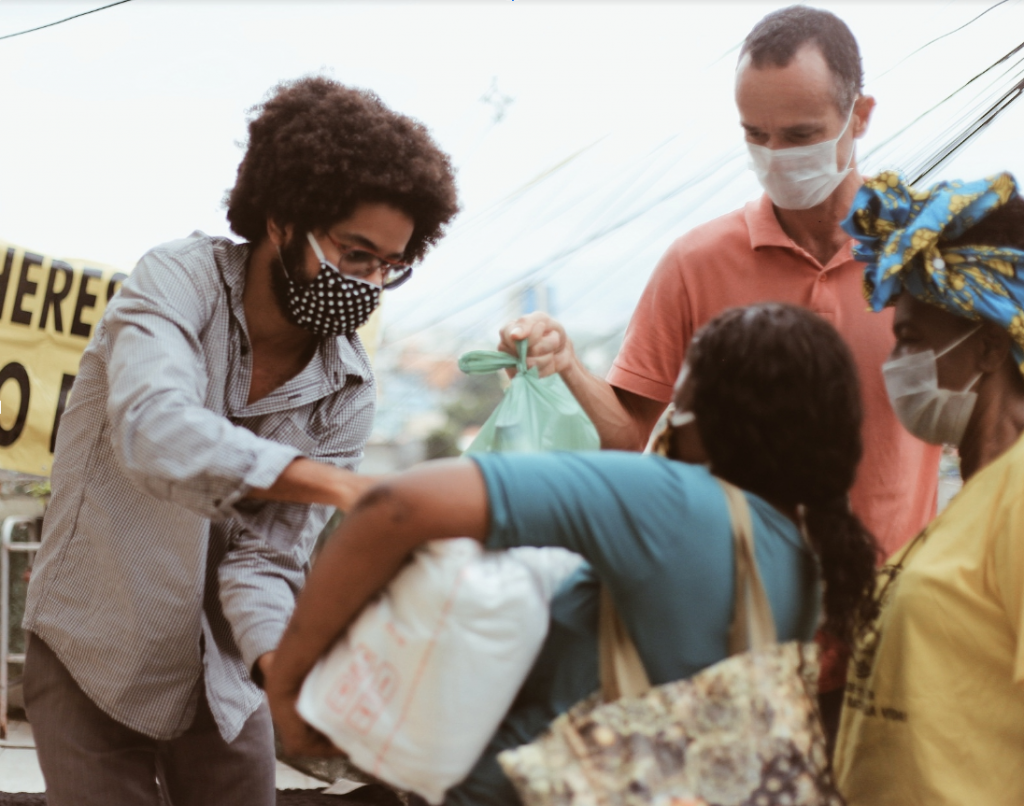
Working together in communities
We are incorporating our package into the communities of the favelas. By providing the pedagogical resources for workshops, manuals, the people in the favelas are self-sustaining.
NGO’s and local workers can use our research to implement our design in the favelas.
The next step
is implementing
into communities
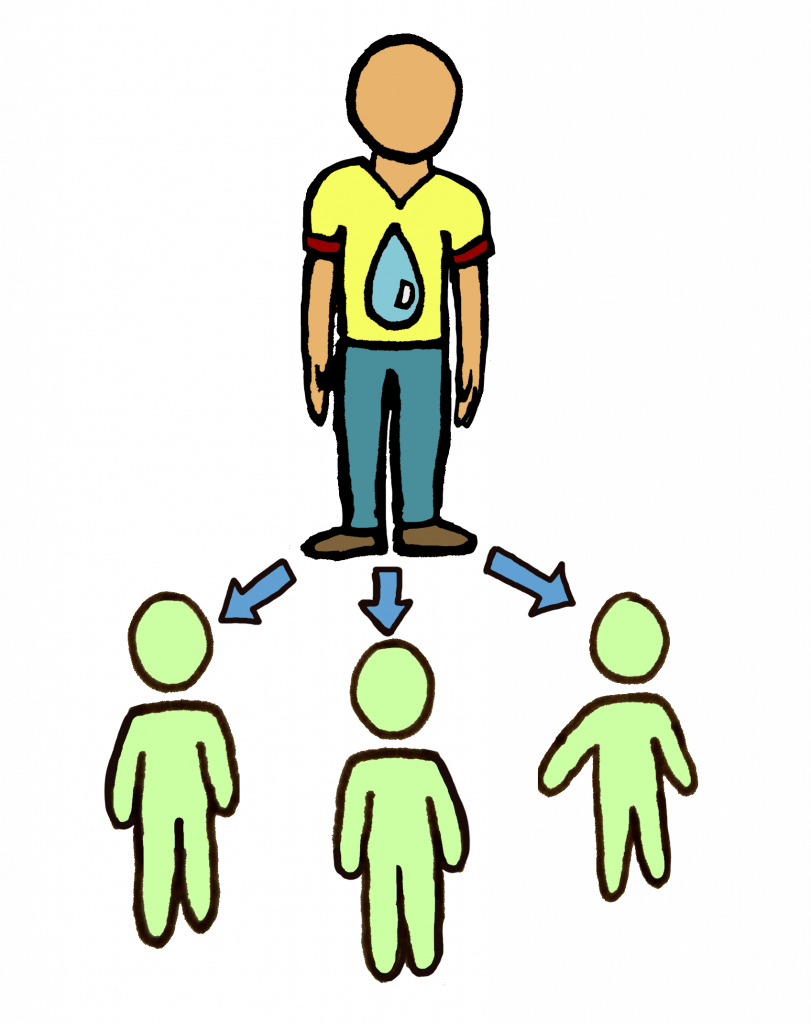
Taught by local workers
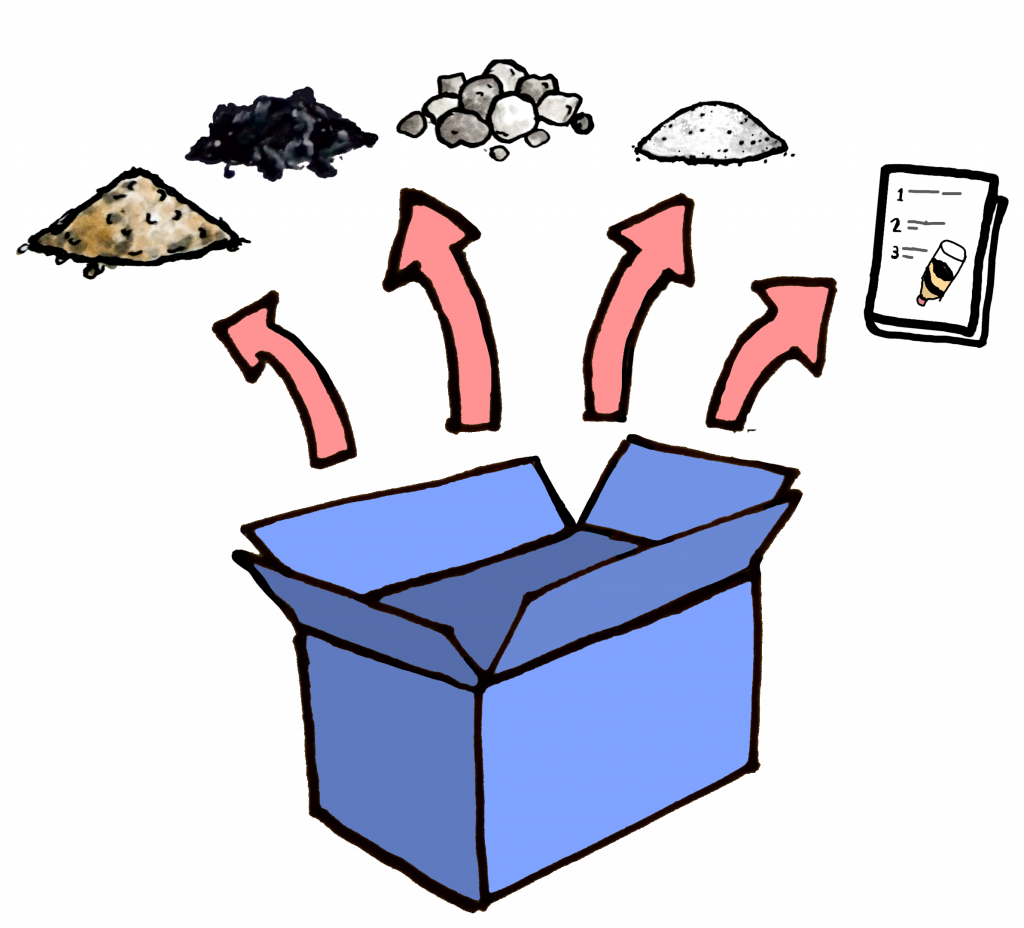
Provided by NGOs
Philosophy of
Responsible Design
We ensured our design is ethical, responsible and inclusive.
Concepts considered and implemented:
Technologies are not only changing our abilities and interaction with the world, but also our behaviour. Intended and unintended interactions need to be considered in the design process
Products not only have to be functioning, but also needs to take the stakeholders and context into consideration. It needs to be appropriate and inclusive for the users
Capabilities are the freedoms we choose to live our lives. This approach created a framework in which we could translate human rights and values into design requirements.
The team and process
We are a group of first-year interdisciplinary engineering students that want to make a difference. Three months we set out on a journey to find the best solution, with all the steps to come to this point.
Would you like to know more about us or the whole of the project? Click the buttons below.





